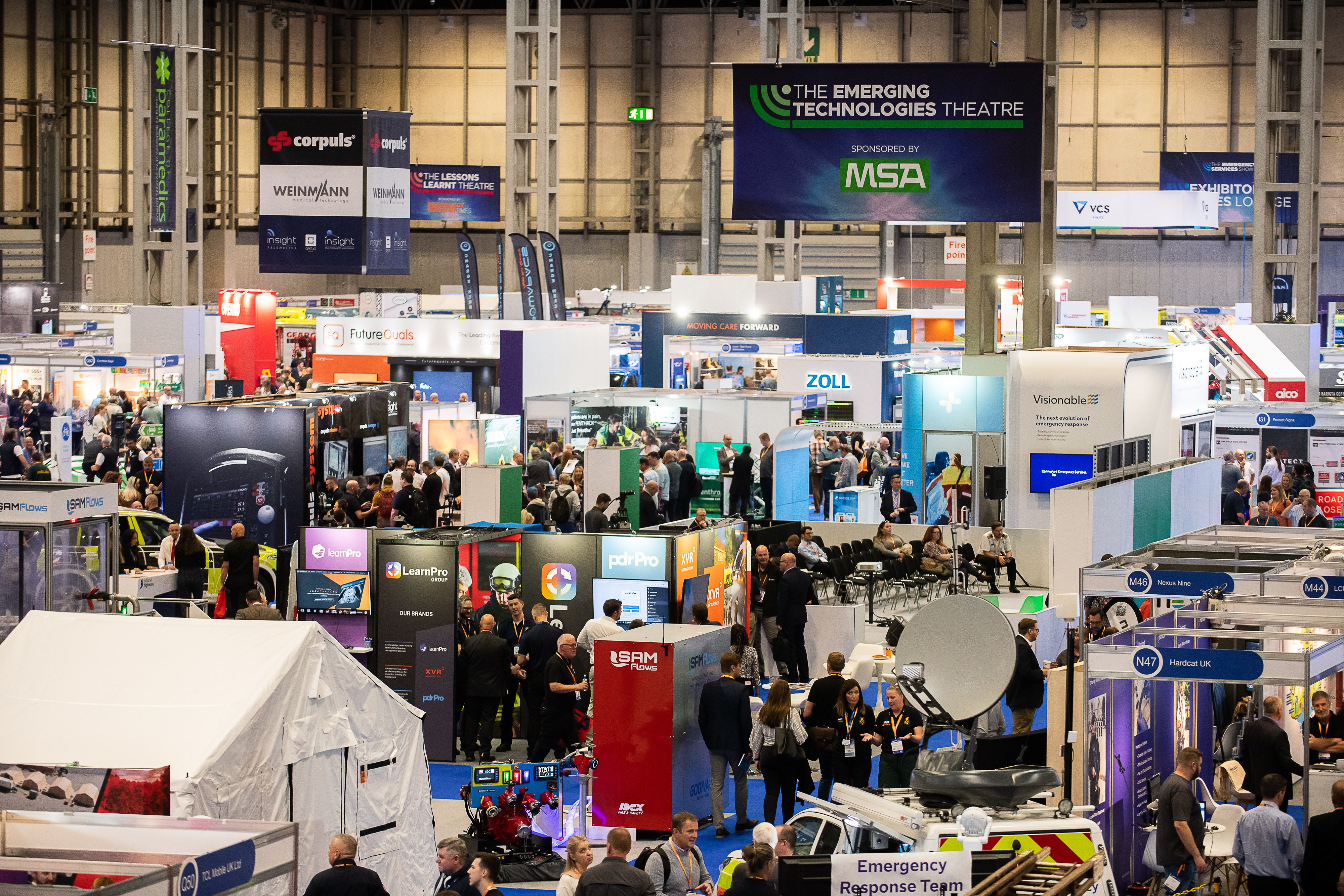Union reports fire brigades to Health and Safety Executive
)
The Fire Brigades Union has formally reported two fire and rescue services to the Health and Safety Executive (HSE), and identified several others, in relation to bringing in policy which would see firefighters sent into fires with their breathing equipment turned off, in a letter first published today.
The policy change involves instructing firefighters to go beyond the point of safe air with their breathing equipment turned off in high-rise building fires, in a move which the union say breaks health and safety law.
The policy had previously been struck down in London, by the fire service’s health and safety advisory panel, due to being unsafe.
The letter calls for the HSE to “investigate our complaint and use its statutory powers to bring an end” to this policy.
Hampshire & Isle of Wight and Dorset & Wiltshire fire and rescue services have both brought in the change.
Riccardo la Torre, Fire Brigades Union national officer, said:
“This procedure is unsafe, unlawful and unprofessional, and puts firefighters and the public at greater risk. It tears up half a century of health and safety law, best practice guidance, manufacturers’ instructions, and firefighter training. It will not make living and working in high rise buildings safer or tackle the wider crisis in building safety. It simply puts firefighters and residents at greater risk.
“Those chiefs imposing this policy have worked harder to take the breathing masks off of firefighters’ faces than they have to get flammable cladding off of people’s homes. It is scarcely believable that the recent fire and rescue white paper appears to propose giving fire and rescue chiefs more power over decisions such as these, and reducing workers’ voices. Some fire and rescue chiefs simply cannot be trusted to get vital decisions like these right.
“The policy aims to push firefighters beyond the duration of a breathing set, let’s be clear that means placing firefighters beyond the point of rescue if they become injured or trapped. Fire Bosses would do well to remember that the safety procedures they are ripping up exist for a reason, they were borne from the death and injury of firefighters. The NFCC and local fire services need to do the right thing and turn their backs on this policy.
"Following the IARC categorisation of the profession as class 1 carcinogenic, the highest level of certainty, it’s nothing less than scandalous that the NFCC continue with attempts to remove the very PPE that helps protect firefighters from that risk. Firefighters aren’t cannon fodder and don't deserve to be treated as such”.
Firefighters are to turn on their breathing apparatus only if a gas monitor alarm is activated, and return to “clean air”. But in their letter to the HSE the union says this is far too late, contradicts all expert advice and doesn’t allow firefighters time to don their breathing apparatus or escape to safety. The NFCC first introduced this policy, which has not been removed despite the London ruling.
The policy contradicts health and safety laws including the Health and Safety at Work etc. Act 1974, the Management of Health and Safety at Work Regulations 1999, and the Control of Substances Hazardous to Health Regulations 2002. In addition to the risk of injury and death presented by rapid fire spread and irrespirable air, recent studies by Prof Anna Stec and the University of Central Lancashire warn of putting on BA too late, or taking off to early, which increases the risk of firefighters contracting cancer and diseases.
The International Agency for Research on Cancer, an intergovernmental agency forming part of the World Health Organization, earlier this month recognised for the first time that occupational exposure in firefighting is carcinogenic.
The firefighters deployed here would be part of a “stairwell protection team”.
The Fire Brigades Union, which represents the majority of firefighters across the UK, argues that this policy is dangerous because:
- Rapid expansions of fire may mean that firefighters cannot turn on breathing equipment before they are overwhelmed
- Breathing apparatus are designed to be started in clean air conditions, with manufacturer instructions and user manuals making this clear
- Any faults with BA sets may only be discovered when they have been started and firefighters are in the middle of the fire
- Firefighters may breathe in toxic gases that are difficult to detect, such as carbon monoxide
- Changing conditions may mean firefighters with their breathing equipment off may end up beyond the point later firefighters (with their own breathing equipment time-limited) can reach to rescue them
- The union is also concerned that its officer members who are made to implement the policy could be subject to criminal charges, due to health and safety law breaches
You can read full details in the letter here.

.png)


.png)